Trading in a financed car means exchanging it for a new vehicle while still paying off the existing loan. The dealership assesses the car value and can offer to pay off the remaining loan balance. If the trade-in value exceeds the loan balance difference can be used towards new vehicle, but if not, the remaining balance can be rolled over into new loan.
How Does Trading in a Financed Car Work?
- Determine the remaining balance on your loan.
- Estimate your car’s value using tools like the dealership Value Your Trade tool.
- Compare the trade-in value to your remaining loan balance.
- If the trade-in value exceeds the loan balance, use the difference towards a new vehicle.
- If the trade-in value is lower, you can have negative equity, which can be rolled over into your new loan paid off separately.
- The dealership will handle paying off your old loan and incorporating it into the new financing arrangement.
Rely on Lexus of Tampa Bay for Your Next Vehicle
When it comes to your next vehicle purchase, you can rely on Lexus of Tampa Bay to provide exceptional service and a wide range of options. Our dealership offers a diverse selection of high-quality vehicles to suit every need and preference. Whether you are looking for a luxurious sedan, a versatile SUV, or a powerful truck. We have the perfect vehicle for you.
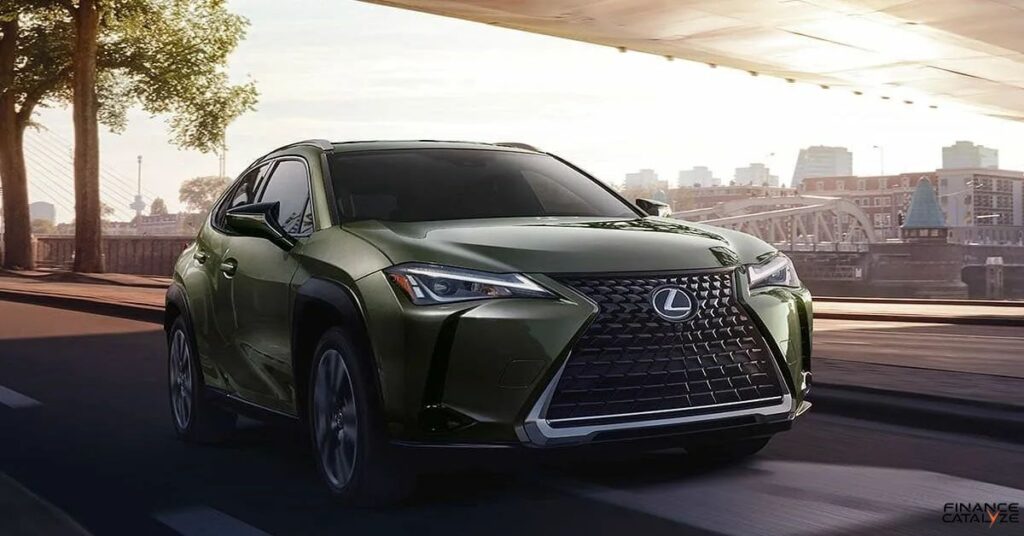
With our expert team and seamless car-buying experience, we will help you find the ideal vehicle that meets your requirements and exceeds your expectations. Trust Lexus of Tampa Bay for your next vehicle purchase and drive home with confidence and satisfaction.
What is “Rolling Over” A Loan?
“Rolling over” a loan refers to the process of adding the remaining balance of an existing loan to a new loan. In the context of trading in a financed car, if the trade-in value of the vehicle is less than the remaining loan balance. The dealership can offer to roll over the negative equity into the new loan for the next vehicle purchase.
This means that the remaining balance from old loan added. The financing of the new vehicle, allowing the borrower to pay off both loans simultaneously. While this option can help facilitate the purchase of a new vehicle. It is essential to consider the long-term financial implications, including potential increases in monthly payments and overall interest costs.
Get a New Toyota Vehicle at Wesley Chapel Toyota
- Experience the excitement of driving a brand new Toyota vehicle from Wesley Chapel Toyota.
- Browse our extensive inventory of new Toyota models, featuring the latest technology and innovations.
- Enjoy a personal car-buying experience with our knowledgeable staff who are dedicated to helping you find the perfect Toyota for your needs.
- Take advantage of our special offers and financing options to make getting behind the wheel of a new Toyota easier than ever before.
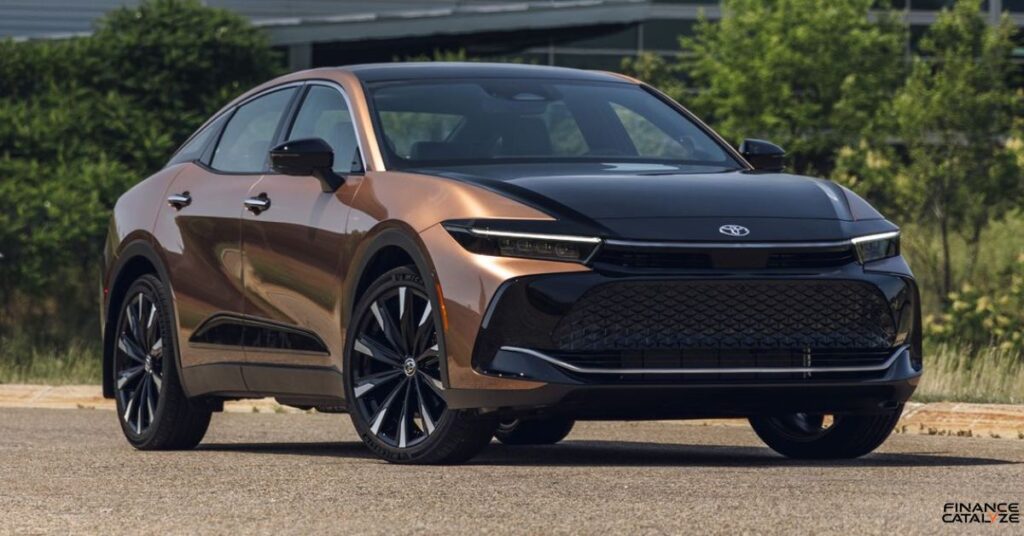
How to Trade in a Car with a Loan?
Trading in a car with a loan involves several steps.
Determine Loan Balance: Find out the remaining balance on your current car loan. This information is usually available on your monthly statement.
Assess Trade-in Value: Use tools like the dealership’s Value Your Trade tool to estimate the current value of your car. Keep in mind that this is just an estimate, and the final trade-in value will be determined by the dealership after a physical inspection.
Compare Values: Compare the trade-in value of your car to the remaining loan balance. If the trade-in value is higher, you can have equity that can be used towards your next car. If it is lower, you have negative equity.
Negotiate with Dealership: Discuss your trade-in situation with the dealership. If you have equity, you can use it towards the purchase of your next car. If you have negative equity, you’ll need to decide how to handle it, either by paying off the difference. The rolling it over into the new loan, or finding alternative solutions.
Finalize Trade-in: Once you have reached an agreement with the dealership. They will handle the paperwork to pay off your existing loan and transfer ownership of the car. You can then use any equity towards the purchase of your new car or handle any negative equity according to the agreed-upon terms.
Also Read: Do you need full coverage on a financed car?
Get Additional Finance Tips at Ole Ben Franklin Motors
- Explore additional finance tips and insights at Ole Ben Franklin Motors to make informed decisions about your car purchase.
- Benefit from expert advice and guidance from our knowledgeable finance team to ensure you get the best financing options available.
- Discover valuable resources and tools to help you navigate the car-buying process with confidence.
- Take advantage of our commitment to providing comprehensive support and assistance throughout your car-buying journey at Ole Ben Franklin Motors.
Can I trade in a financed car for a cheaper car?
Yes, you can trade in a financed car for a cheaper car. There are a few things to consider.
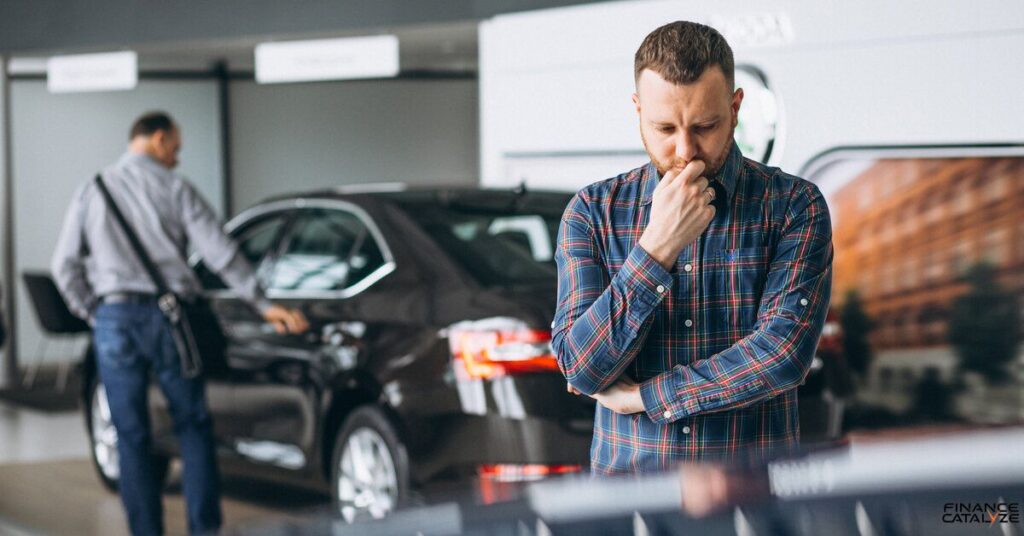
- Loan Balance: If the trade-in value of your current car is less than the remaining balance on your loan. You will still owe the difference. This called negative equity.
- Handling Negative Equity: You’ll need to decide how to handle the negative equity. You can either pay off the difference before trading in the car, roll over the negative equity into the new loan for the cheaper car, or find alternative solutions.
- Trade-In Value: Make sure to get an accurate estimate of the trade-in value of your current car and compare it to the remaining loan balance. This will help you understand your financial situation before making a decision.
- New Loan: Keep in mind that trading in your financed car for a cheaper car can still require you to take out a new loan. They depend on the difference between the trade-in value and the price of the cheaper car.
Does trading in a financed car hurt your credit?
Trading in a financed car typically doesn’t directly harm your credit. However, factors such as payment history, new loan applications, and handling negative equity can affect your credit score. Responsible financial management and understanding potential implications are crucial before making any decisions.
How to trade in a car that is not paid off?
| Step | Description |
| 1. Determine Loan Balance | Find out the remaining balance on your car loan by checking your loan statement or contacting your lender. |
| 2. Assess Trade-in Value | Use tools like the dealership’s Value Your Trade tool to estimate the current value of your car. This will give you an idea of how much you can expect to receive. |
| 3. Compare Values | Compare the trade-in value of your car to the remaining loan balance. |
| 4. Negotiate with Dealership | Discuss your trade-in situation with the dealership. |
| 5. Finalize Trade-in | Once an agreement is reached, the dealership will handle the paperwork to pay off your existing loan and transfer ownership of the car. |
Also Read: How to choose a solar installer to finance?
Final Thought
Trading in a financed car offers a pathway to upgrade your vehicle, but it is essential to navigate the process wisely. They understand your loan balance and trade-in value, you can make informed decisions. Communicate openly with the dealership, weigh your options carefully and ensure that the trade-in aligns with your financial goals. With thoughtful planning trading in a financed car can lead to a seamless transition to your next vehicle.
Frequently Asked Questions
Can I trade in a car that is not paid off?
Yes, you can trade in a car that not fully paid off. The dealership will handle the remaining balance of your loan as part of the trade-in process.
What happens to the remaining loan balance when I trade in my car?
The dealership will typically pay off the remaining balance of your loan as part of the trade-in process. Depending the trade-in value, you can have equity that can be used towards your next car. You can have negative equity, which needs to be addressed.
Can I trade in a financed car for a cheaper car?
Yes, you can trade in a financed car for a cheaper car. However, it’s essential to consider factors such as the remaining loan balance and trade-in value to make an informed decision.
Will trading in a financed car hurt my credit?
Trading in a financed car itself does not typically hurt your credit. However, factors such as payment history and taking out a new loan for the next vehicle may affect your credit score.
What should I consider before trading in a financed car?
Before trading in a financed car, consider factors such as the remaining loan balance, trade-in value, and any potential negative equity. It’s also essential to communicate openly with the dealership and understand the terms of the trade-in agreement.

Haarrii, a seasoned finance expert with 4 years of hands-on experience, brings insightful analysis and expert commentary to our platform. With a keen eye for market trends and a passion for empowering readers, Haarrii delivers actionable insights for financial success.
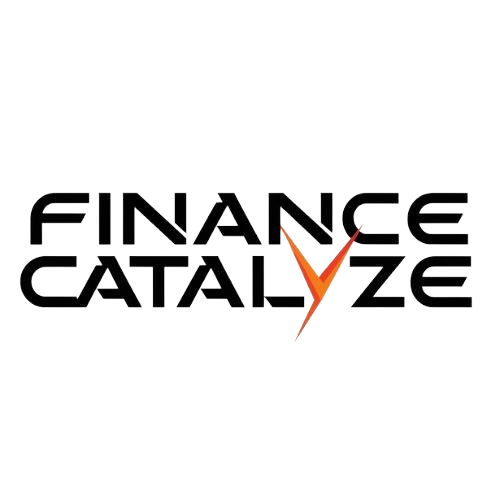
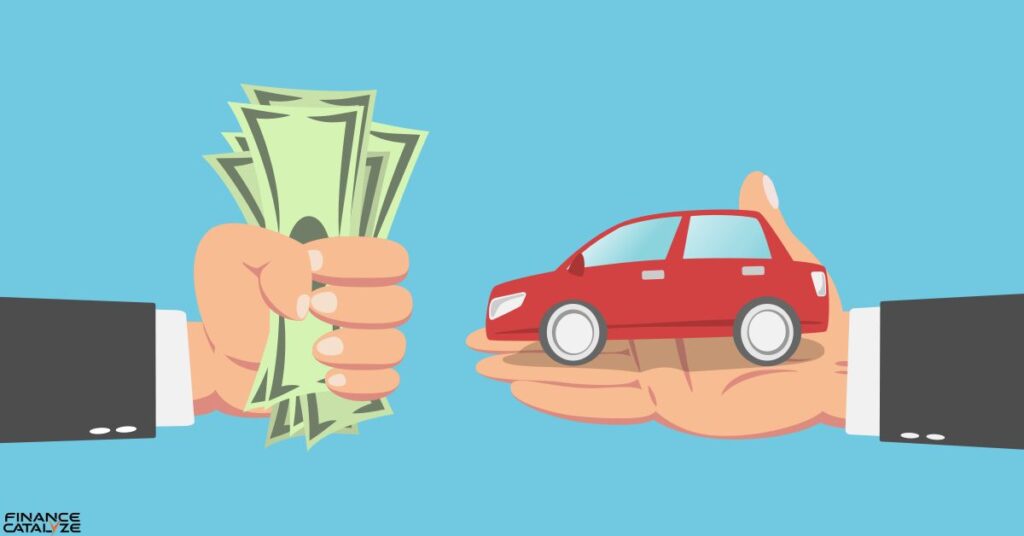






1 thought on “Can You Trade In a Financed Car?”